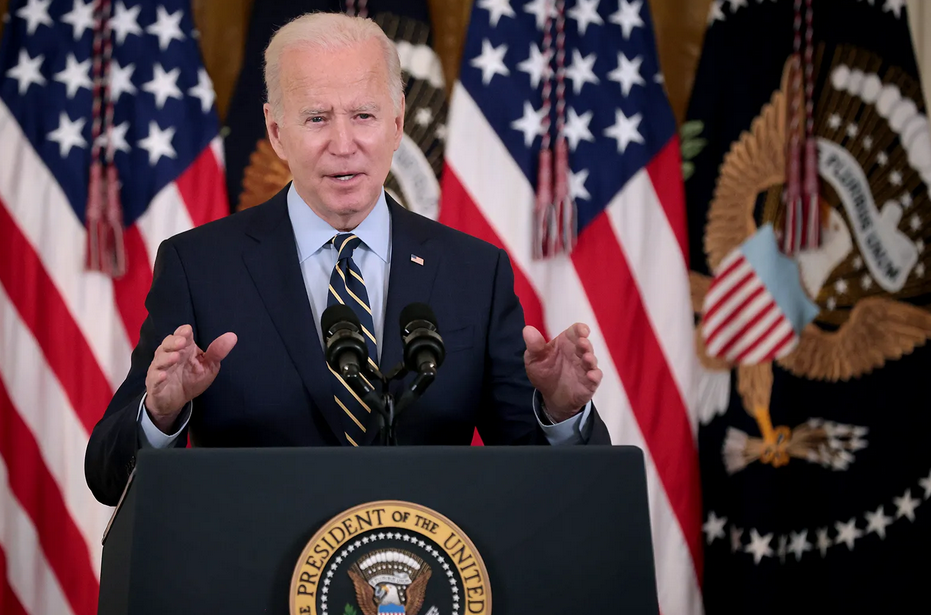In a pivotal legal decision, the U.S. Court of Appeals for the 5th Circuit has delivered a verdict with sweeping implications for the Biden administration, top government health officials, and the FBI. The court has concluded that these entities may have overstepped their bounds, potentially violating the First Amendment by exerting undue influence over tech companies’ content moderation policies, especially concerning posts related to the coronavirus and elections.
The White House may have violated First Amendment rights by pressuring tech companies to suppress or remove posts, 5th Circuit Court of Appeals ruled. https://t.co/GfJ5Nl2bsK
— USA TODAY (@USATODAY) September 9, 2023
This ruling is poised to be celebrated as a significant win by those who argue that social media platforms’ content moderation practices infringe upon free speech rights. However, it also signifies an improvement over a temporary injunction initially issued by U.S. District Judge Terry A. Doughty on July 4th.
David Greene, an attorney representing the Electronic Frontier Foundation, expressed his enthusiasm for the new injunction, describing it as “a substantial improvement” compared to the original order issued by Doughty, who was appointed by former President Trump.
Doughty’s initial decision cast a wide net, affecting a multitude of government departments and agencies while imposing ten specific restrictions on government officials. In their ruling, the appeals court revoked nine of these restrictions and adjusted the tenth, narrowing it down to efforts aimed at “coercing or significantly encouraging social-media companies to remove, delete, suppress, or reduce, including through altering their algorithms, posted social-media content containing protected free speech.”
Crucially, the 5th Circuit panel also limited the government institutions subject to its ruling, including the White House, the surgeon general’s office, the Centers for Disease Control and Prevention, and the FBI. Notably, the court lifted restrictions previously imposed by Doughty on departments like State, Homeland Security, and Health and Human Services, as well as on agencies such as the U.S. Census Bureau, the National Institute of Allergy and Infectious Diseases, and the Cybersecurity and Infrastructure Security Agency. The 5th Circuit determined that these agencies did not exert undue influence on social media companies to moderate their platforms.
In their written decision, the judges noted that the White House may have pressured the platforms into making moderation decisions through intimidating messages and threats of adverse consequences. They also found that the White House had significantly influenced the platforms’ decision-making processes, actions that were deemed to be in violation of the First Amendment.
This ruling is poised to have a profound impact on the ongoing debate surrounding free speech on social media platforms and the influence of government entities on content moderation decisions.

